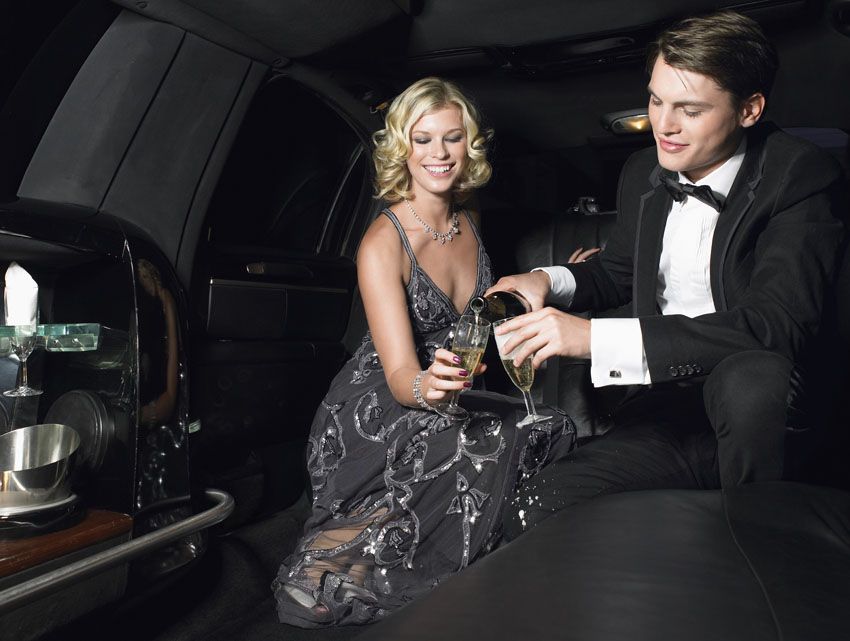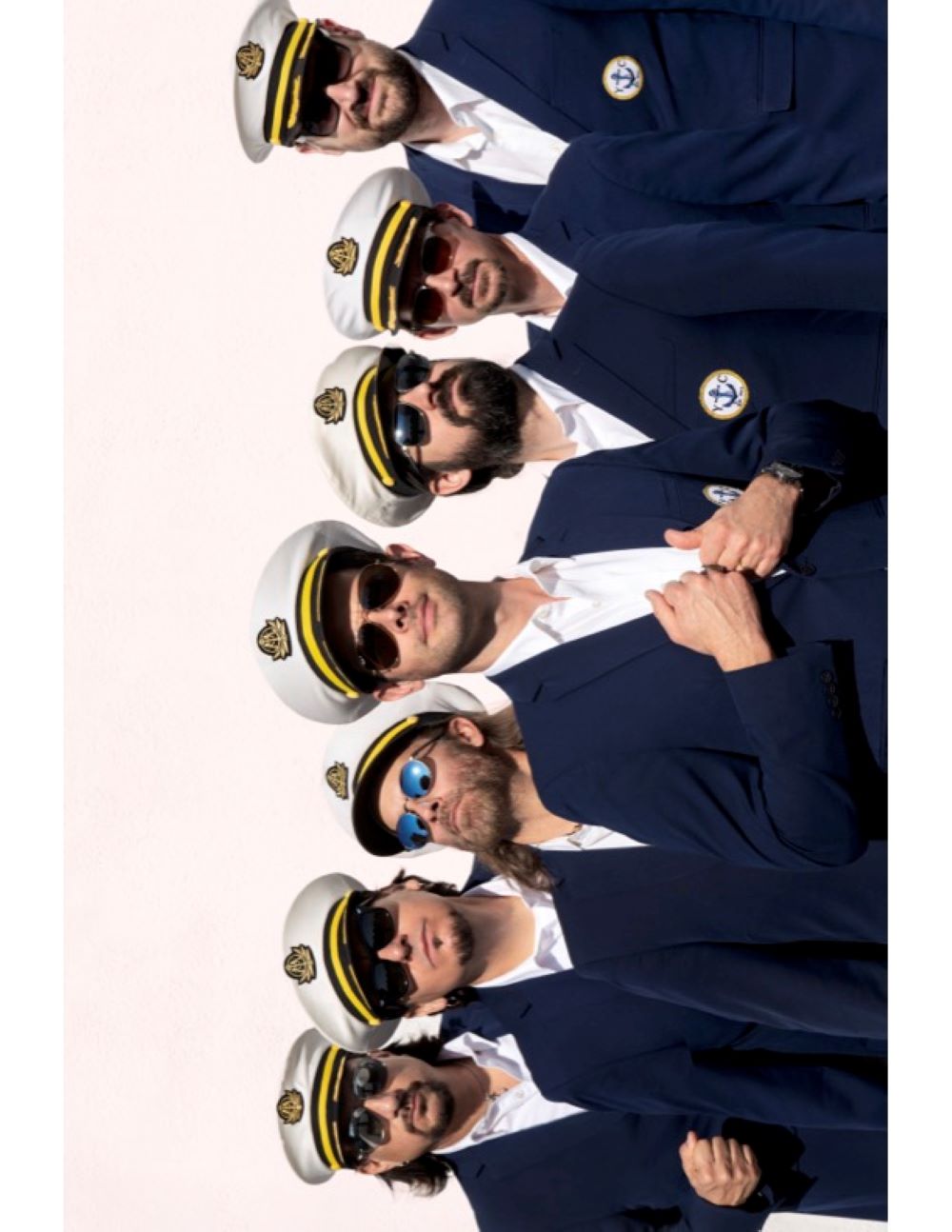
About a month ago, CPP Luxury, a well-respected British luxury business website, published an article called The Dangerous Rise Of The Anti-Luxury Trend. It discussed, among other things, Kanye West’s views about luxury’s downside. The story was also discussed on the CNN Money website and probably many other sites as well. He said: “My goal in lifestyle, in everyday life, [is] to change the idea of what luxury is, because time is the only luxury,” said West. “It’s not all these brands that we just drove by that are somehow selling our esteem back to us through association.” The article goes on to say that West made the same point earlier last month, in a 15-minute rant against everyone from Nike and Gucci to media and marketers. “It’s like they want to steal you from you, and sell you back after they have stole it. They want to make you feel like you [are] less than who you really are.”

CPP Luxury is quick to show that this critique may sound a bit hollow coming from someone who sells his t-shirts at $90 a piece, but then, as CPP Luxury points out, West is not the only one feels this way. British fashion designer, Jasper Morrison, has also had some serious thoughts about what luxury is and isn’t, and what it can and can’t be. He recently told the Wall Street Journal, “The most common mistake people make is believing the term, ‘luxury.’ It’s becomes an excuse for a lack of common sense, and invariably stands for an overpriced, poorly considered product, whether it’s a hotel, an apartment block, a handbag or a holiday.”

Morrison and West appear to define a dimension of thought process that explicates feelings about the darker side of the luxury definition. This dark side, deeply critical of luxury, can also be observed in today’s music, through Mackelmore and Lorde specifically. Their lyrics and words underscore Morrison's and West’s ideologies, and are enormously popular with the Millennial population.
An example of some rap lyrics from Mackelmore’s work, Thrift Shop:
They be like, ‘Oh, that Gucci—that’s hella tight.’
I’m like, ‘Yo—that’s fifty dollars for a T-shirt.’
Limited edition, let’s do some simple addition
Fifty dollars for a T-shirt …
I call that getting swindled and pimped,
I call that getting tricked by a business.
Macklemore explained on a recent NPR interview, “hip-hop is usually an art form that is about bling, consumption, [but Thrift Shop is] about, you know, just saving money.” To many, that is a radical thought.

Carrying this further is Lorde, whose song Royals, has won many awards. She meshes the subject of luxury with rap lyrics, then steps away.
But every song's like gold teeth, grey goose, trippin' in the bathroom.
Blood stains, ball gowns, trashin' the hotel room,
We don't care, we're driving Cadillacs in our dreams.
But everybody's like Cristal, Maybach, diamonds on your timepiece.
Jet planes, islands, tigers on a gold leash
We don't care, we aren't caught up in your love affair
And we'll never be royals (royals). It don't run in our blood
That kind of luxe just ain't for us.
What does this mean? What kind of luxe is for them?
It is possible to create an evolutionary redefinition by understanding what many others have said about Millennials. They are a different generation from those gone before, due in great part to their Internet information access and community connectedness. They are also a larger generation, approximating 83 million and are redefining many ideas—luxury is just one. As Lorde says, we aren’t caught up in your love affair. The interpretation? The shine of all things luxury may not be as enticing to this generation as to others. They look for something more transparent, grounded and meaningful. The perfect skin of a Birkin Bag, a gold Rolex timepiece, the glitter of any high-end brand may not be so dazzling as it once was, because it may not be as important to maintain a substantial social identity as it once was. And, as Mackelmore says in one of his Thrift Shop lines—Tryin’ to get girls with my brand, then you hella won’t. The interpretation? Attraction to someone because he or she wears a certain brand isn’t a recipe for success anymore.

Taking these thoughts into consideration, with the understanding that we are still living in a post recessionary, capricious economic climate, the French Economist Thomas Piketty’s book, Capital In the 21st Century, was published last spring. It is doubtful that any of these creative, exceptionally busy artists mentioned above, read this complex, 700-plus-page, highly dense, economic treatise on what capitalism has basically done to the world economy, and what it may possibly do in the future, but, the essence of the impressive, 100-plus-year data Piketty collected has shown that a major consequence of a capitalist economy is inequality. The rich get richer and the poor get much poorer. There are other ideas well explicated in this book, but this is the one that remains. Piketty argues further that, because of this, the aspirational middle class will eventually diminish, the American Dream will be unattainable, and poverty and extreme wealth will be the two class differentiators. And even if no Millennial ever read Piketty’s book, they would see and feel for themselves the elements of Piketty’s research-based arguments all around them. The growing income gap is a world economic issue, not just one that the U.S. deals with. With this said, where does luxury fit in, or does it at all?

It does fit in, but not in traditional terms. It is evolving. Of course, those traditional ideas of luxury, often being equated with shiny name-brand objects, will exist as long as people will buy them. But the underlying question deals with future-orientation. How long will the old guard live to buy these things? As an example, how will the high-end hotel brands be able to compete with new ones—the Standard, W, Edition, Ace, Citizen M, the 21c Museum Hotels—that consistently attract Millennials? It is a question that is still too green to answer.
In the meantime, and during this evolution, a more substantial dimensionality regarding the meaning of luxury may emerge—products infused with Millennial ideologies might become the rule rather than the exception—those products and services with more communitarian, eco-sensitive, philanthropic, mindful, transparent and qualitatively sensible root systems. It may be these products and services, more in line with the thoughts of Kanye, Lorde, Piketty, Mackelmore and others that will attract many of those 83 million Millennials who are emerging quickly as new luxury consumers of the future.














